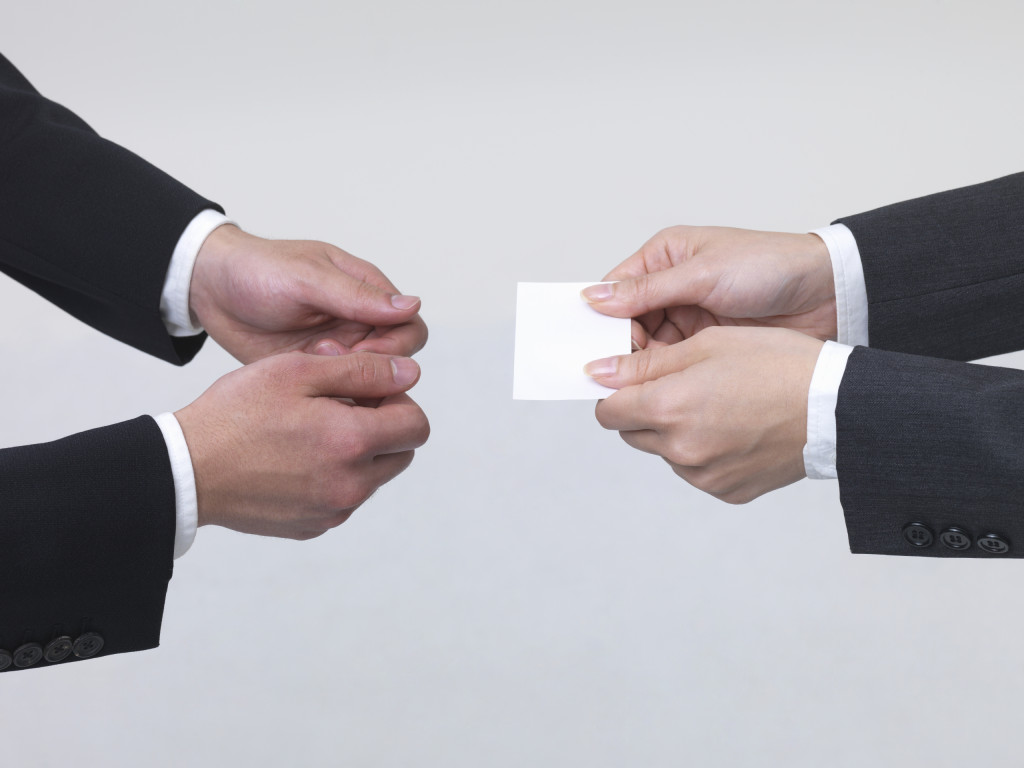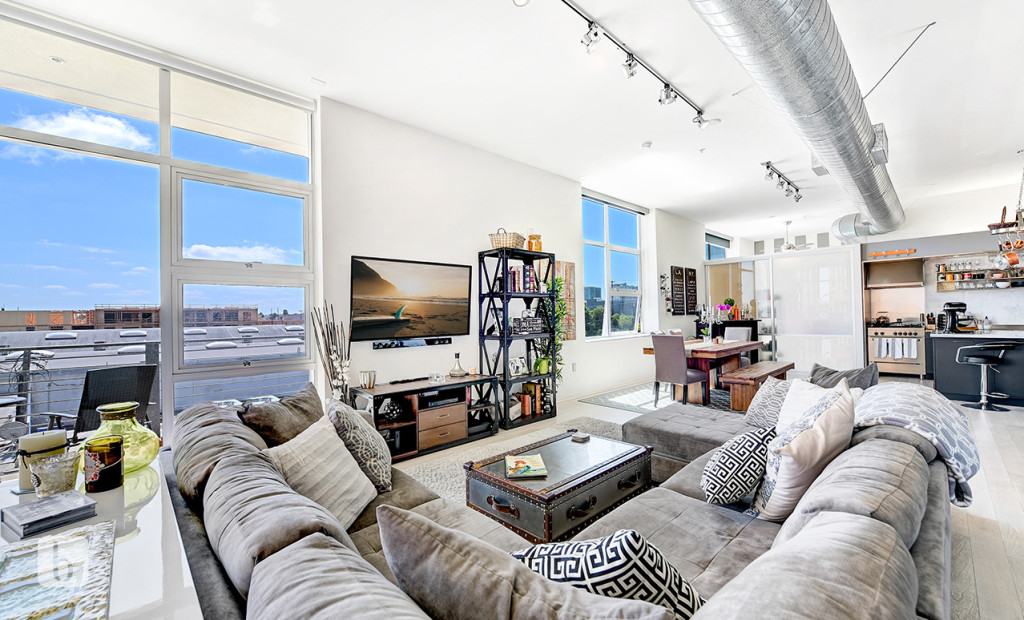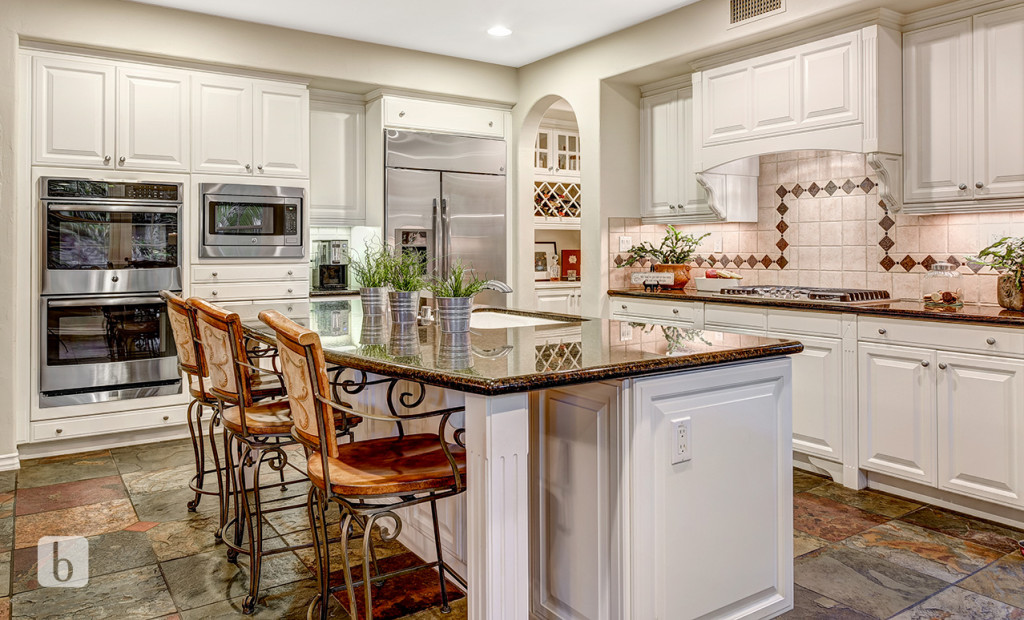Written by: Raj Qsar
👉 The business greeting in many cultures is often the initial impression an individual can give to their clients. Since our team assists clients in buying & selling residential real estate in Southern California we have many different cultures we come across and each culture seems to have their own unique customs in regards to business. Over the last 8 years, we have seen a massive influx of individual from 🇨🇳 China who are buying & selling homes here in Orange County. A few things we have learned over the years in regards to business greetings & etiquette include:
Some helpful tips:
1. You must have a business card. Not having a business card is like not having a name and the equivalent to not shaking someones hand in western culture.
2. Your title on your card is also very important. Most Chinese people want to feel they are speaking to someone very important or someone at their level. So if you are meeting a CEO of a Chinese company they will want to speak to the CEO of your company.
3. Receiving or giving your card:
a. You MUST be standing up (this shows respect)
b. You MUST have your cards in a case (this shows you are organized). The case should have a spot for your cards and for the card you are receiving.
c. You MUST hand your card over with both hands (as the photo above represents). This is the highest form of respect. Never give a card out with your left hand. It is considered a total insult.
d. When you hand your card over please make sure the writing is face up towards your client (this shows courtesy).
e. Then you MUST accept your clients cards with both hands as well (as shown above).
f. When you receive the clients card, pause, read it and make a comment about their company, their title or simply repeat their name. If you are unsure how to pronounce their name now is the perfect time to ask and clarify.
g. Now place your clients card back in your case and put the case back in your jacket pocket over your heart (left side coat pocket). This shows honor as you are placing their card over your heart. If you are not wearing a jacket keep the card in your right hand for the entire meeting. If you are seated, then place the card in front of you (not face down).
Things to NEVER do:
1. Never hand out a ripped, torn or dirty business card.
2. Never write on someone’s card. It is the equivalent of writing on someone’s face.
3. Do not accept or give your card with one hand. And never with your left hand (as mentioned above).
4. Never place a business card in your pant pocket and then sit on the card. It would be like sitting on that persons face.
5. Do not stack your cards on a table and have your client simple take one.
6. Never ask a client for another card and say you lost it. It is like you have lost their face.

















